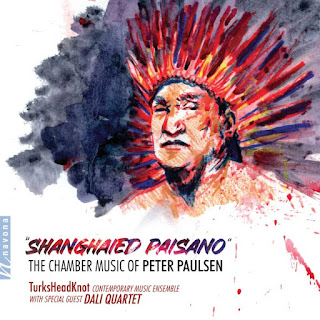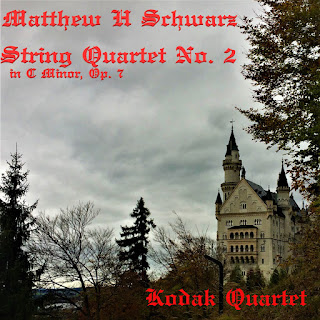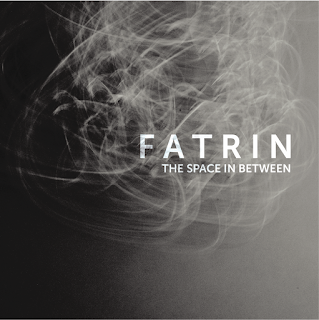Peter Paulsen - "Shanghaied Paisano" album review
Peter Paulsen - Shanghaied Paisano album review
The audience is a floating spectator, journeying across Paulsen's interpretation of Ferlinghetti's poetic documentary.
In his latest album, Peter Paulsen, composer and bassist, expands upon his previous chamber jazz output, moving closer to a contemporary third stream. Shanghaied Paisano combines the talents of Paulsen's TurksHeadKnot contemporary trio with the Latin-influenced Dalí String Quartet. The album, released August 2023 via Navona Records, comprises of the titular, large-scale four-movement work inspired by the poetry of Lawrence Ferlinghetti and closes off with a rousing arrangement of Jobim's Chega de saudade.
Shanghaied Paisano's opening movement, "And Then Went", starts the audience off with a dissonant chorale led by Chris Bacas on soprano saxophone. Paulsen's clean voicings make the chords approachable and give off a clearly distinguishable melody within the dense harmonies. The remainder of the eight-minute long movement is one long, plucky groove, with the pizzicato strings and woodblocks, soon reoccurring in the marimba, establishing a rhythmic pulse over which bursts of string activity occurs. The marimba, now in a more regulated six meter and supplemented with sustained string chords, turns into a comping pattern over which Bacas plays a beautifully melodic solo, soaring overtop the ensemble. The movement ends with a shortened full ensemble statement of the opening chorale to come full circle.
"Passagio al Occidente" begins with a chromatic descent in the solo violin, showcasing the highly emotional lines of free atonality before boxing itself into a recognizable harmonic system and abruptly needle-dropping in the jazz rhythm section around the two minute mark. The movement is in three sections, the austere opening, a long middle section which primarily functions as another extended soprano saxophone solo over the comping string quartet, and an aggressive, mixed meter ending. The three sections are seemingly unrelated, but do serve to create the traditional intro - head/solo - outro form of many jazz tunes. Opening on a more ominous note, "And Cortez Came" explores traditional imitative counterpoint techniques within the string section. Here Paulsen show offs his ingenuity of voicing and contemporary compositional craft. In the end of the movement, he finds a way to sneak in a comical, almost mocking quotation of "The Star-Spangled Banner", which is intervallically hinted at several times earlier in the movement. A manner most fitting of a piece inspired by Ferlinghetti's writing: "To summarize the past by theft and allusion".
Contrary to a majority of contemporary multi-movement works, Shanghaied Paisano's final movement is the longest and truly the apex of the piece. The only movement to not open with strings, "Americus" rouses us with a militaristic snare drum call, whose rhythm shows up as a primary recurring motif. The movement, lasting a little longer than twelve minutes, is also the most complex in terms of organization and structure, perhaps inspired by the random association of Ferlinghetti's poetic form. In "Americus," Paulsen explores a new motivic or timbral idea for a minute or two, before seamlessly wandering over to a new area. The transitions, or lack of, are intricate and convincing. The movement gives the impression that the audience is a floating spectator, journeying across Paulsen's interpretation of Ferlinghetti's poetic documentary on the political and cultural state of America.
Paulsen's invigorating and fun arrangement of Chega De Saudade is the perfect way to follow such a serious work and close off the cross-genre album. His dramatic, crawly opening relies on hollow string harmonics and wandering chromaticism, expertly crafting a sound world which cleverly transforms from the ephemeral surreal into the head of the tune. Similar to the rest of the album, Paulsen uses dense, Hollywood-esque string voicings to emphasize harmonic dissonance and tension while supporting the original melody. Surprisingly, rather than a standard Latin drumset pattern, Hanning uses a combination of shakers and finger cymbals, which fill out the texture and lays down a comfortable groove with a solid feel. The bossa nova standard is transformed into something new and refreshing, while still being incredibly strict in adherence to tradition.
listen to Shanghaied Paisano on all major streaming services or purchase here



Comments
Post a Comment